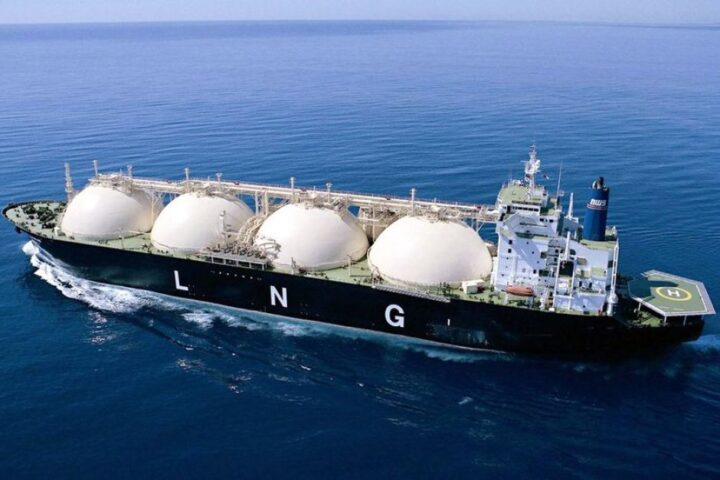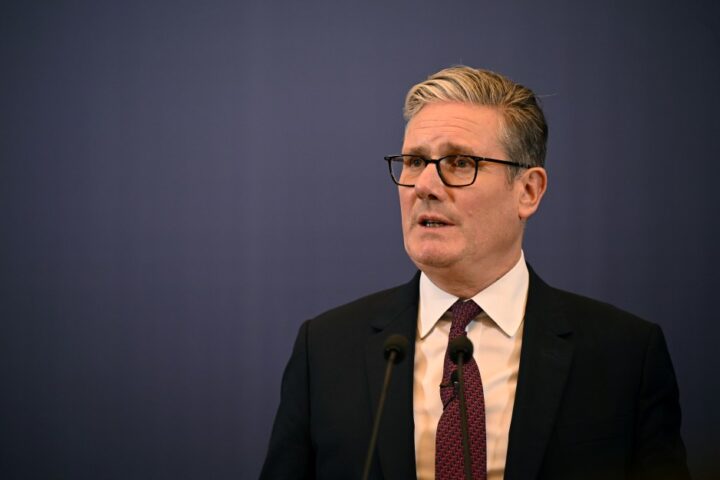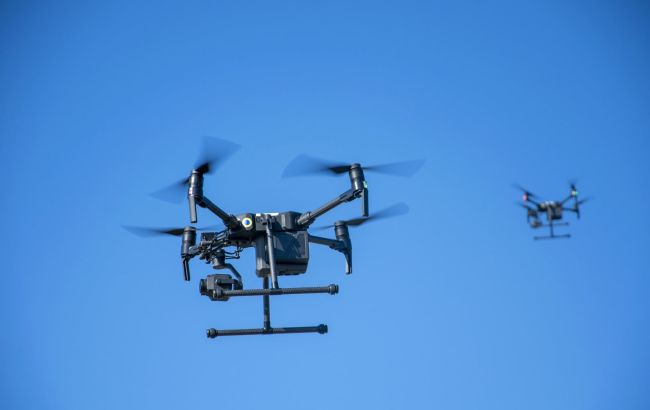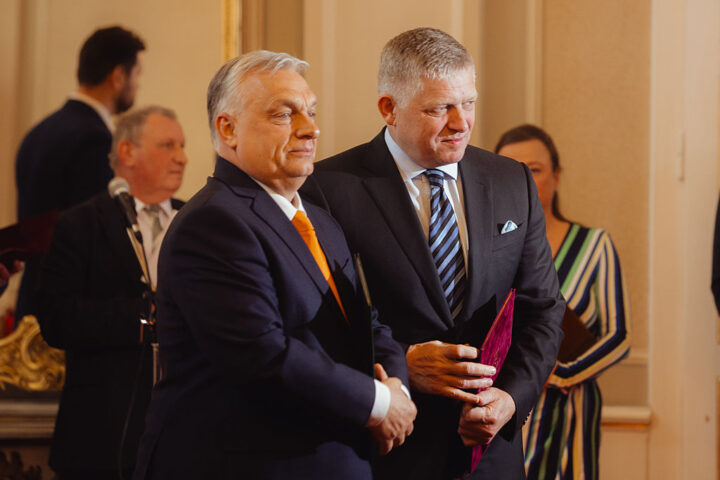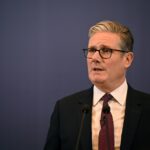On August 18, 2025, U.S. President Donald Trump hosted Ukrainian President Volodymyr Zelensky and key European leaders at the White House for high-stakes talks on the future of the war in Ukraine. The meeting was seen as a pivotal step toward de-escalation, opening the prospect of direct negotiations between Kyiv and Moscow before the end of August, mediated by Trump.
Opening path to negotiations
The White House discussions underscored Washington’s central role in steering the process. Trump and senior officials coordinated the trilateral summit, which brought together leaders determined to push for a ceasefire as a foundation for future talks. The possibility of Zelensky meeting directly with Russian President Vladimir Putin was highlighted as the first genuine move toward halting nearly four years of war.
European unity and pressure on Moscow
European leaders, including Emmanuel Macron, Giorgia Meloni and Keir Starmer, presented a united front, insisting on a ceasefire without territorial concessions from Kyiv. By rejecting Putin’s proposals for freezing the front lines, they reinforced pressure on Moscow while signaling that Western solidarity behind Ukraine remains firm. Their joint position emphasized the urgent need to stop human losses and destruction, while strengthening transatlantic coordination.
Security guarantees and economic cooperation
Alongside ceasefire talks, the summit addressed security and economic measures. Leaders discussed Ukraine’s potential purchase of U.S. weapons worth $90–100 billion, as well as contracts with Ukrainian companies worth $50 billion to boost drone production. Such steps are aimed not only at reinforcing Ukraine’s defenses but also at stimulating U.S. and European economies. In addition, participants supported the idea of joint security guarantees for Kyiv, coordinated by Washington, and the possible use of $300 billion in frozen Russian assets for compensation to Ukraine, as reported by Politico.
Transatlantic alliance consolidates
The outcome of the meeting reaffirmed that support for Ukraine will not weaken. Despite internal divisions, Europe’s major powers showed solidarity with Kyiv, while the United States signaled readiness to expand its role in both military and diplomatic dimensions. Leaders made clear they are committed to ending the war on fair terms that reflect Ukraine’s sovereignty and interests, reinforcing the cohesion of the transatlantic alliance.

